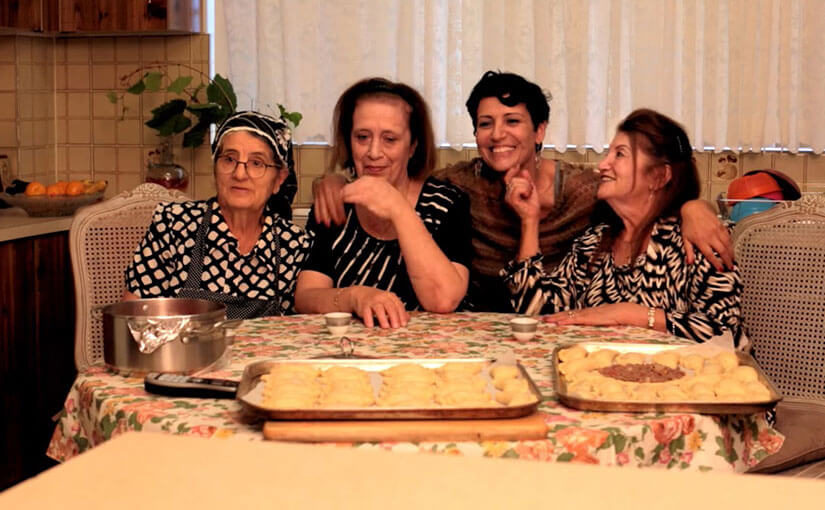There are a host of reasons that someone may need an organ transplant at any stage of life, and organ donors can come in all shapes and sizes too.
However, for deceased donors, the ultimate decision lies with the family who have the final say on whether viable organs and tissue can be donated to others from their loved one’s body.
In 2017, 510 families made this positive decision allowing deceased organ donors to give 1,402 Australians a new chance in life.1
According to the Organ and Tissue Authority, 69% of Australians are willing to become organ and tissue donors, but just 1-2% of people die in hospital in the specific circumstances that make organ donation possible.
Unfortunately, only 36% of Australians feel confident they know the donation decisions of their loved ones, but 93% would uphold these decisions.
That’s why conversations about organ donation are so important, to give grieving relatives the confidence that they are fulfilling the wishes of a family member who has passed away.
Pathology teams are responsible for matching donated organs with those waiting for this life-saving gift.
A number of tests are needed to assess the suitability of the organ for a specific patient and to ensure the best chances of transplant success.
Dr Debra Graves is the CEO of the Royal College of Pathologists of Australasia: “Transplants are complex and for a person who is already sick it is extremely important that the organ is a strong match. We have sophisticated testing we can perform to give a transplant recipient the best chances of a successful operation and ongoing health.”
In some communities rates of organ donation are lower and health authorities are keen to find ways to address barriers to becoming a donor. Widows of Parramatta is one such project, a web series following Layla, Jenny and Jamilie, three Lebanese widows discussing death and giving life to others after death.
The project was commissioned by the NSW Organ and Tissue Donation Service and the NSW Multicultural Health Communication Service.
Filmmaker Fadia Abboud created the series, we asked her how the project came about:
“I was approached to do a web series or video for organ donation and awareness in the Arabic speaking community. I have always wanted to do something about the widows – my mum and her friends – a generation of women that we will never have again,” said Fadia.
Fadia realised that the widows would make interesting, and funny viewing but also that they were people who the target audience could relate to.
“These women were migrants in a time when connection to the homelands and to each other was very different to what it is now. The kinds of women and marriages they had were very traditional and we very rarely get to see women like this on screen. I thought if they were agreeable to organ donation – or at least curious – we could do this.”
Interestingly, the issues contributing to low rates of organ donation in this community could also be common to other cultural groups. Fadia told us some of the barriers were:
“People thinking it’s against their religion – whether Muslim or Christian – for some reason it’s a taboo subject and / or people just don’t talk about it.”
For Fadia, picking her subjects for interview was not difficult.
“Of course, one of them is my mum – and the other two women could be considered my second mums. Jamilie was our neighbour in our old house and we used to spend a lot of time there with each other. And Jenny is our current neighbour, has been for over 30 years. I have grown up with all these women and I’m still close to them. So they opened up to me a lot. I was at their husband’s funerals and they have all been close family friends for years. That made it easier for them to chat to me, for me to know the right things to ask them as well.”
And Fadia has learned more about organ donation through the project too: “I’ve always been supportive of it, but now I know that it’s a subject that older people are open to as well… I never knew my own dad was a supporter of organ donation. That was a really great piece of news to me.”
Through the widows’ conversations, important themes about organ donation are raised. These include the age of donors (people in their 70s and 80s have donated organs) and also the religious position of the Catholic church which, as Layla points out, is supportive of organ donation.
The importance of ethnic diversity in the donor pool is also raised, which is the big reason for projects like this – that can spark conversations that may save someone’s life.
Join the Australian Organ Donor Register by registering your donation decision to save lives as an organ and tissue donor: https://www.donatelife.gov.au/

